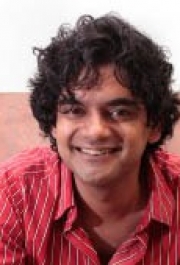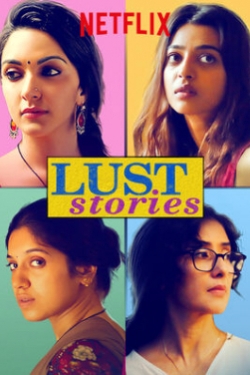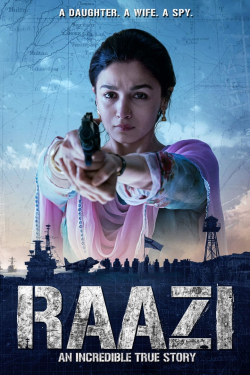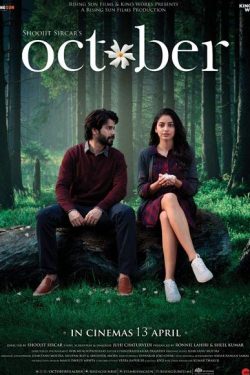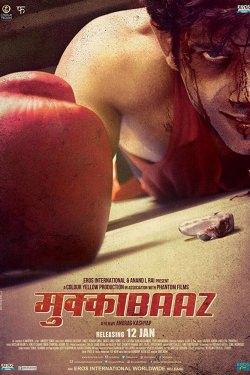Mayank Shekhar
Top Rated Films
Mayank Shekhar's Film Reviews
-
This one is admirably inspired, is almost a sophomore effort. As you’d know, that’s a pretty hefty compliment to pay.
-
The writers have at least made an attempt to put some sense into their supposed script. Though I suppose the background may have been unnecessary. That’s not what most falling for this film will be striking off their checklist. Force is about rapid action. Only.
-
The leading couple has barely met. They eye each other from a distance. Constantly. It’s a popular form of rural love. She disappears from the pind suddenly. He checks out from the village as well. The movie goes off on another tangent, on to another plain. So do your brains, from here on.
-
The movie is so stretched from both ends, you could see it tearing apart from the centre. The couple’s clueless fathers look on like notable ‘sideys’ in suits. All good things come to an end. Thankfully, that’s true for things not so good as well.
-
So much lower on logistics and ambition. It is, what they call, a quickie: As true for the movie’s subject, as for its unsatisfying outcome.
-
So, how’s it? Whatever. To be fair. That’s what it was supposed to be.
-
Audiences won’t find anything new in this movie either. Why bother.
-
Moving images can cause a genuine migraine to some. At least the ones in this film could.
-
It’s a sweet, intimate, fable-like film, even unnecessarily sanitised in parts, that touches upon issues of class, poverty, childhood, dreams, without ever quite losing sight of a reasonably plausible, engaging tale to tell. This helps.
-
The writing is entirely episodic, like a TV show. Scenarios recur. Actors ham it up. Loud background score informs every scene. You care for our man Mussaddi. Or at least wish to. He takes rounds of various ‘daftars’ (offices), literally living a farce. Democracy is probably both the problem, and its only plausible solution.

